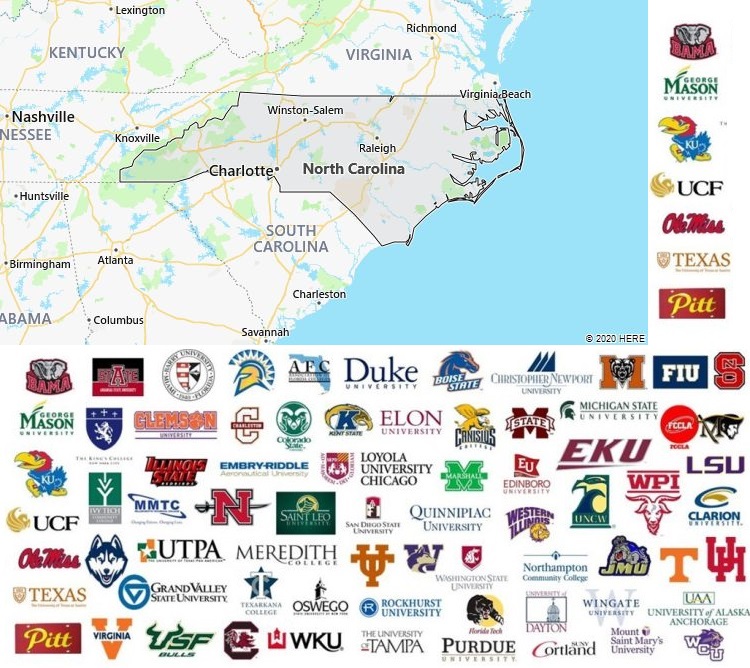North Carolina Time Zone GMT: North Carolina observes Eastern Time (ET), which is five hours behind Coordinated Universal Time (UTC) and four hours behind Greenwich Mean Time (GMT) during standard time and four hours behind UTC and three hours behind GMT during daylight saving time.
The state of North Carolina has a long history of observing different time zones. Before the advent of standardized time zones in the late 19th century, each town and city in North Carolina kept its own local time, which was based on the sun’s position. This led to a great deal of confusion and inconvenience, especially for travelers. In 1883, the United States adopted a system of standardized time zones, and North Carolina was assigned to the Eastern Time Zone. This time zone has been in use in North Carolina ever since.

